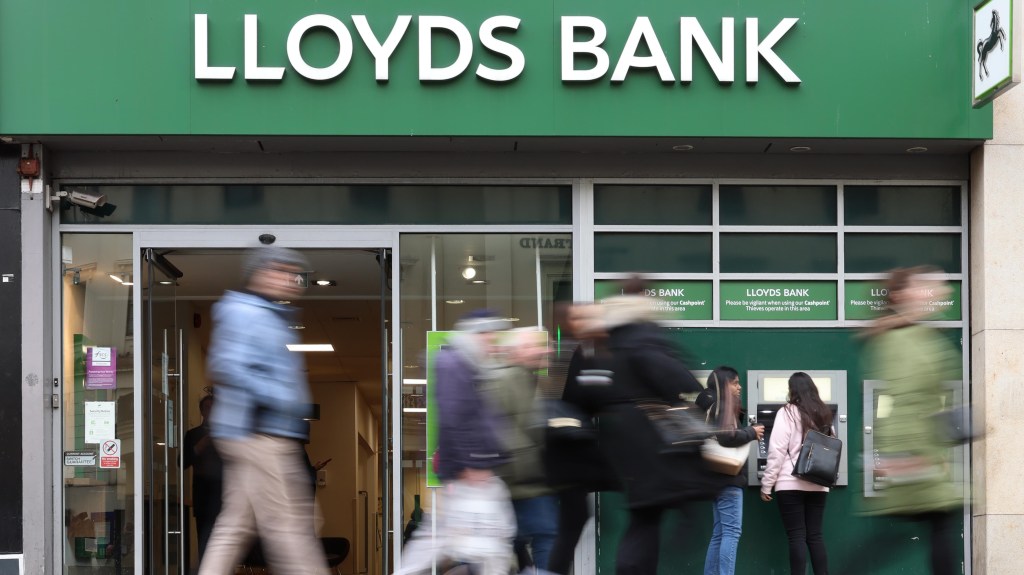Lloyds Banking Group Reports Decline in Profits Amid Rising Loan Provisions
In a challenging financial landscape, Lloyds Banking Group has reported a decrease in its first-quarter profits, attributed to increased provisions for potential bad loans amidst concerns over the economic implications of President Trump’s trade policies.
The prominent FTSE 100 bank, recognized as the largest mortgage lender in the UK, revealed that its pre-tax profits for the quarter ending March dropped to £1.5 billion, down from £1.6 billion during the same period last year. This decline was significantly impacted by a £309 million impairment charge, a substantial rise from the previous year’s £57 million.
Lloyds noted that while “asset quality remained resilient in the quarter,” it had revised its economic outlook, which included a £100 million adjustment to anticipated credit losses in response to potential risks stemming from US tariffs announced in early April.
The bank’s performance will be closely monitored by investors, given its focus on the UK market, positioning it as an indicator of the domestic economic climate. The significant tariffs implemented by Trump, which include a standard 10 percent duty on a variety of UK imports, have caused considerable uncertainty within global financial markets and raised fears regarding worldwide economic growth.
With a strong presence on the high streets, Lloyds operates various brands such as Halifax and Bank of Scotland, in addition to Birmingham Midshires, Scottish Widows, and MBNA credit cards.
The bank also offers car finance through its Black Horse brand, which is at the center of a mis-selling scandal that has affected the entire car loans sector since early last year.
This controversy revolves around the commissions paid by car finance providers to dealerships, leading to speculation that lenders might face tens of billions of pounds in customer compensation, contingent upon an upcoming Supreme Court ruling and an investigation by the Financial Conduct Authority.
Previously, Lloyds had allocated £1.15 billion for potential customer redress and opted not to increase this provision during the recent announcement.
The car finance issue presents a challenge for Charlie Nunn, the chief executive of Lloyds, who has led the bank for almost four years. He remarked: “Our differentiated business model distinguishes us in light of recent market fluctuations and economic uncertainties, enabling us to better support UK households and businesses in enhancing their financial resilience.”




Post Comment